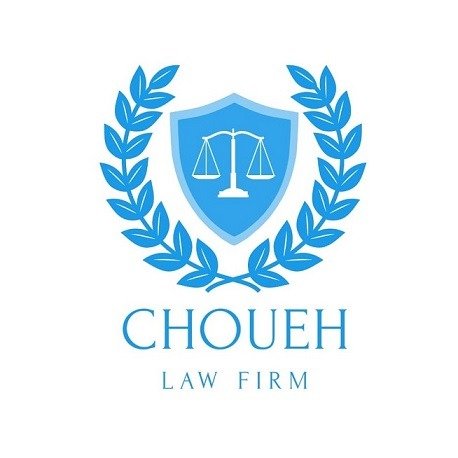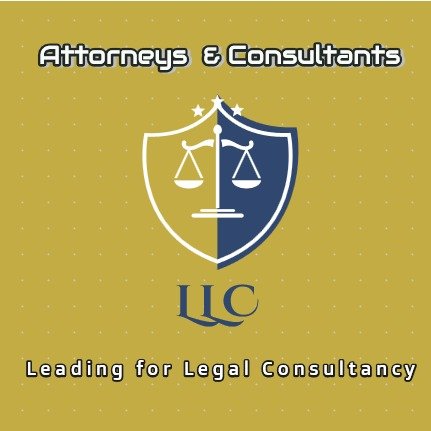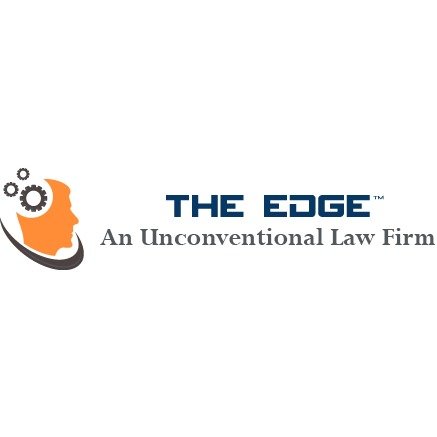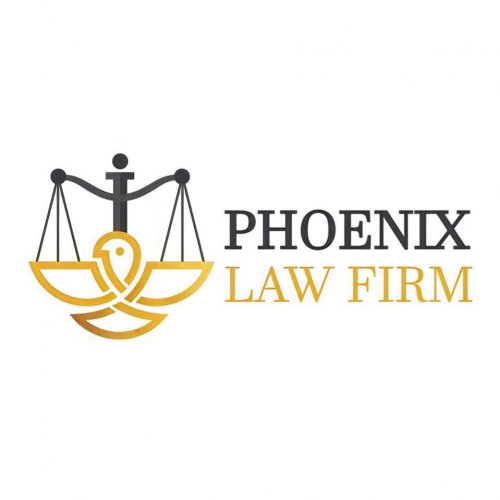Best Corporate & Commercial Lawyers in Lebanon
Share your needs with us, get contacted by law firms.
Free. Takes 2 min.
Or refine your search by selecting a city:
List of the best lawyers in Lebanon
About Corporate & Commercial Law in Lebanon
Corporate and commercial law in Lebanon covers the set of rules, regulations, and procedures that govern the operations of businesses, commercial transactions, and company structures. This field addresses how companies are registered, managed, merged, or dissolved, as well as the terms under which commerce and trade are conducted. Lebanon's legal environment for businesses is a mix of local regulations, commercial traditions, and some elements influenced by French law, especially the Code of Commerce. The law is applicable to both domestic and foreign investors operating within the Lebanese territory, making it vital for local and international entrepreneurs alike.
Why You May Need a Lawyer
Engaging a lawyer with expertise in corporate and commercial law is crucial for navigating Lebanon's complex legal landscape. Here are some common situations where legal advice is often essential:
- Starting or expanding a business and registering a new company - Drafting, reviewing, or negotiating partnership agreements, shareholder agreements, or contracts - Mergers, acquisitions, or restructuring of companies - Ensuring compliance with licensing, tax, and regulatory obligations - Protecting intellectual property and handling franchising or distribution arrangements - Managing disputes between partners, shareholders, or with clients and suppliers - Dissolving or liquidating a business - Cross-border transactions and investments - Navigating issues related to commercial agencies, joint ventures, or foreign direct investment - Addressing employment or labor concerns within a corporate context
Local Laws Overview
The foundational laws that govern corporate and commercial activities in Lebanon include the Lebanese Code of Commerce and several related regulations. Here are some key aspects:
- Company Structures: The most common types include Joint Stock Companies (SAL), Limited Liability Companies (SARL), General Partnerships, and Sole Proprietorships. Each form has specific requirements regarding capital, shareholders, and management structures. - Company Registration: Requires registration with the Commercial Register and compliance with notarial and publication procedures. - Foreign Investment: Generally welcomed, though some restrictions exist for certain sectors, particularly those related to real estate ownership and strategic industries. - Corporate Governance: SAL and SARL companies are regulated in terms of board structure, annual meetings, and reporting rules. - Commercial Contracts: Lebanese law gives parties significant freedom of contract, though some agreements must follow specific formats or be registered. - Taxation: Corporations are subject to income tax and value-added tax (VAT). Special laws apply to capital gains, dividends, and foreign remittances. - Labor Law: Companies must observe the Lebanese Labor Law, which covers employment contracts, working conditions, and termination rights.
Frequently Asked Questions
What is the difference between an SAL and an SARL in Lebanon?
An SAL (Société Anonyme Libanaise) is a joint stock company that requires a higher minimum capital and a minimum of three shareholders. An SARL (Société à Responsabilité Limitée) is a limited liability company with lower capital requirements and can have as few as one partner, often used for small and medium-sized enterprises.
How long does it take to register a company in Lebanon?
The process generally takes two to four weeks, depending on the complexity of documentation and approvals required by the Commercial Register and other authorities.
Can foreigners own 100 percent of a Lebanese company?
Yes, in most sectors, foreigners can own all the shares in a Lebanese company, except in areas where special restrictions apply, such as real estate or sectors deemed strategic for national security.
Are there ongoing compliance requirements for companies?
Yes, companies must hold annual general meetings, file financial statements, pay taxes, adhere to labor and social security regulations, and renew certain licenses.
How are commercial disputes resolved?
Disputes are usually settled through Lebanese courts, though parties may agree to arbitration or alternative dispute resolution mechanisms, especially in cross-border contracts.
What are the main taxes levied on companies?
Corporate income tax, value-added tax (VAT), social security contributions, stamp duties, and withholding taxes on dividends and interest are among the main taxes.
Do I need a local partner to set up a business?
In general, a local partner is not mandatory unless operating in specific sectors with foreign ownership restrictions or seeking benefits reserved for Lebanese nationals.
Can I dissolve a company at any time?
Yes, but dissolution requires fulfilling legal procedures, settling debts, liquidating assets, and notifying the relevant authorities.
Is it necessary to notarize commercial agreements?
While not all agreements require notarization, certain documents, such as articles of association or real estate contracts, must be notarized and registered.
What is a commercial agency in Lebanon?
A commercial agency contract allows a Lebanese agent to represent a foreign or local company within Lebanon. This field is regulated by special laws that protect agent rights, especially regarding termination and compensation.
Additional Resources
Several bodies and resources can support individuals and companies in corporate and commercial matters:
- Ministry of Economy and Trade: Oversees company registrations, commercial agencies, and consumer protection - Commercial Register: The official registry for company information and incorporation - Investment Development Authority of Lebanon (IDAL): Guides foreign investors through incentives and legal requirements - Beirut Bar Association: Can refer you to qualified commercial lawyers - Lebanese Chambers of Commerce: Provides business support services, trade promotion, and networking
Next Steps
If you need legal assistance in corporate and commercial matters in Lebanon, consider the following steps:
- Define your business needs and gather any relevant documents or contracts - Seek advice from a specialized corporate and commercial lawyer, ideally one with local experience - Ensure all contracts and company records comply with Lebanese laws - Maintain communication with local authorities and service providers to stay current with legal updates - Utilize resources such as the Ministry of Economy and Trade or the Commercial Register for procedural guidance
Legal landscapes in Lebanon can be complex and subject to change, so consulting a professional early can help prevent costly mistakes and support your business goals.
Lawzana helps you find the best lawyers and law firms in Lebanon through a curated and pre-screened list of qualified legal professionals. Our platform offers rankings and detailed profiles of attorneys and law firms, allowing you to compare based on practice areas, including Corporate & Commercial, experience, and client feedback.
Each profile includes a description of the firm's areas of practice, client reviews, team members and partners, year of establishment, spoken languages, office locations, contact information, social media presence, and any published articles or resources. Most firms on our platform speak English and are experienced in both local and international legal matters.
Get a quote from top-rated law firms in Lebanon — quickly, securely, and without unnecessary hassle.
Disclaimer:
The information provided on this page is for general informational purposes only and does not constitute legal advice. While we strive to ensure the accuracy and relevance of the content, legal information may change over time, and interpretations of the law can vary. You should always consult with a qualified legal professional for advice specific to your situation.
We disclaim all liability for actions taken or not taken based on the content of this page. If you believe any information is incorrect or outdated, please contact us, and we will review and update it where appropriate.
Browse corporate & commercial law firms by service in Lebanon
Lebanon Attorneys in related practice areas.
Browse corporate & commercial law firms by city in Lebanon
Refine your search by selecting a city.













